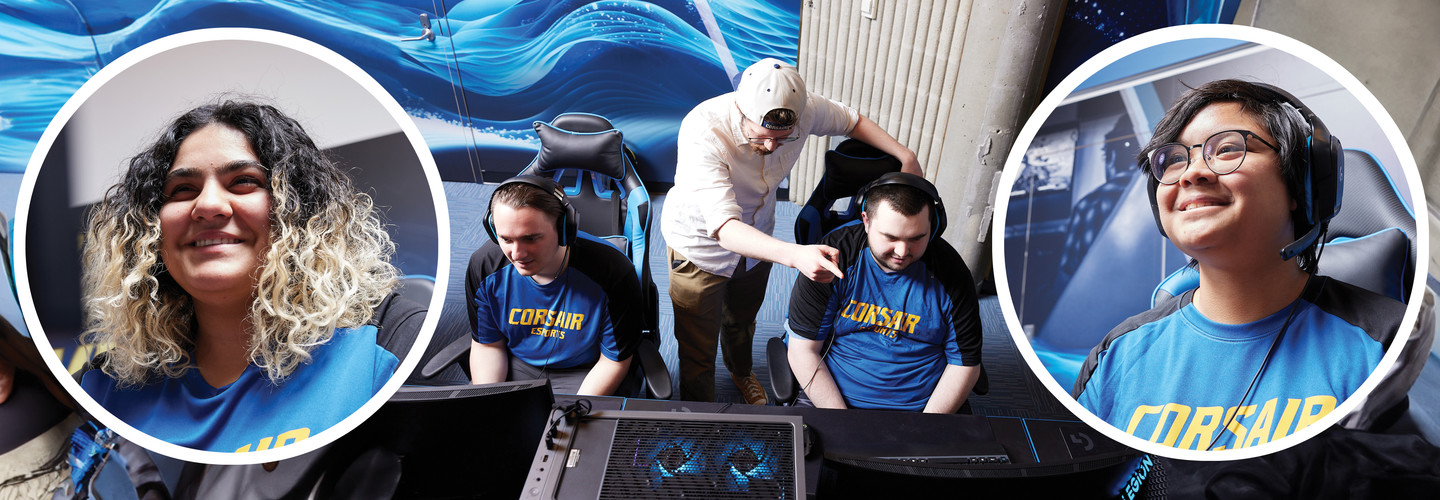Esports Programs Help Universities Attract Talent
As college enrollments drop, campus leaders are searching for new ways to draw potential students. With new high school esports clubs forming all the time, gamers represent a strong potential demographic in the eyes of recruiters.
“Students really like gaming, and we’re giving them the opportunity to do something that they never thought could be a career pathway,” says Josh Steger, director of esports at West Virginia University. “You can go to college for this? Yes, and if you’re good enough, you can play competitively at the college level.”
Schools aren’t using esports to recruit only players. A college esports program typically involves media production, graphic design, broadcasting and a host of other skills. A robust program acts as a draw to those students too.
The UMass Dartmouth esports program, for example, has the potential to support the university’s College of Engineering and College of Visual and Performing Arts programs. “We hope to get to a point where game design and software design students will be able to test their games with our esports players,” Ploskonka says.
To ensure engagement, the school established a Society of Gamers, “a living-learning community that creates a home for some of those involved in esports,” says Kimberly Scott, vice chancellor of student affairs at UMass Dartmouth. “The Society of Gamers community has 100 percent retention from spring to fall semester.”
She notes that the school has also focused on diversity as part of its esports recruiting effort.
“Gaming has been a male-dominated area,” she says. “Our esports program is crushing the barriers of diversity with the increased engagement of women who are now actively competing in our program.”
RELATED: Broadcasting solutions help esports programs showcase talent.
At Full Sail University, Bennett Newsome, director of esports growth and development, says the program is a draw for design majors, media students and a host of others. “Full Sail is focused on emerging technologies and entertainment media,” offering degree programs in game design and game development, Newsome says.
“At our university, the main focus is to create real-world learning opportunities — and, ultimately, career opportunities — that students can be passionate about,” he says. Competitive gaming, and the production opportunities that it creates, work in support of those goals.
Overall, experts say, esports programs empower college recruiters to cast a wider net.
Gaming represents an opportunity to attract “players who do not participate in traditional extracurriculars or athletic programs,” says James Wood, scholastic tournament administrator at the Network of Academic and Scholastic Esports Federations. “It also allows colleges to recruit for different components beyond just the competitive teams. Schools will often recruit students based on their ability to participate in broadcasting, on their communication skills, or even their graphic design or video editing portfolios.”
Among the players themselves, “there’s a huge demand for the opportunity to represent your school in a competitive setting,” he says. For students who don’t play basketball or football, “esports fills a niche that traditional sports do not.”
#Collegiate #Esports #Programs #Serve #Recruitment #Retention #Tools










